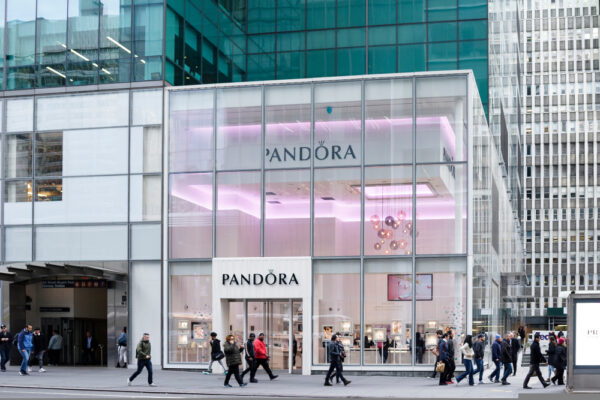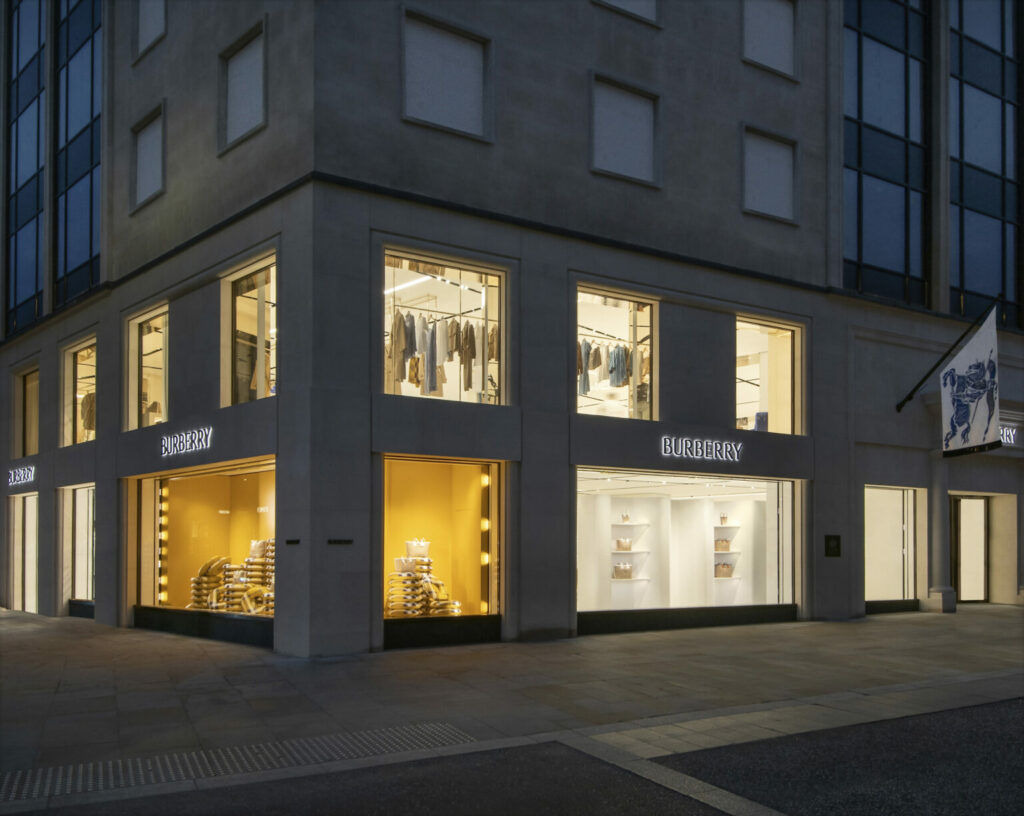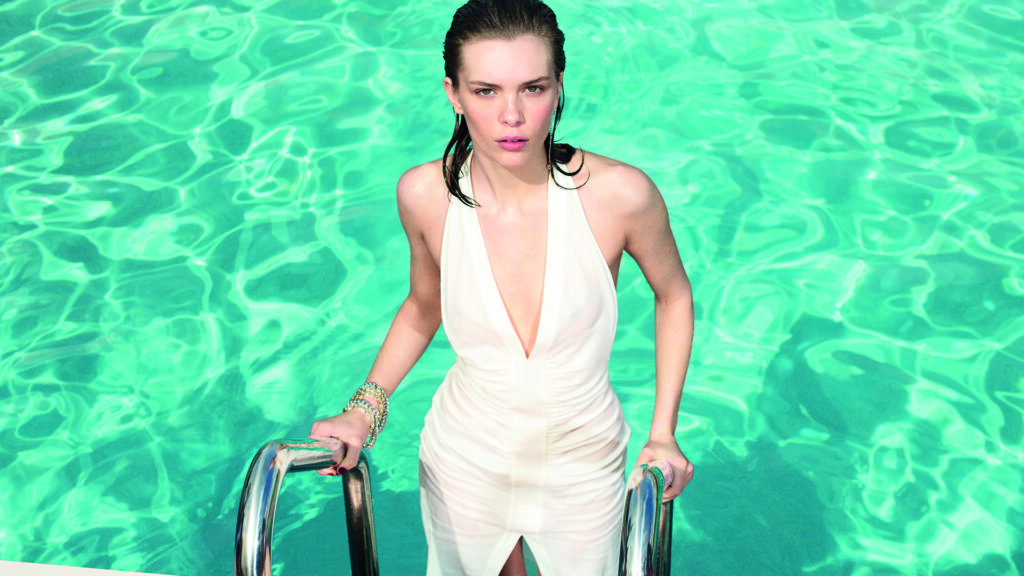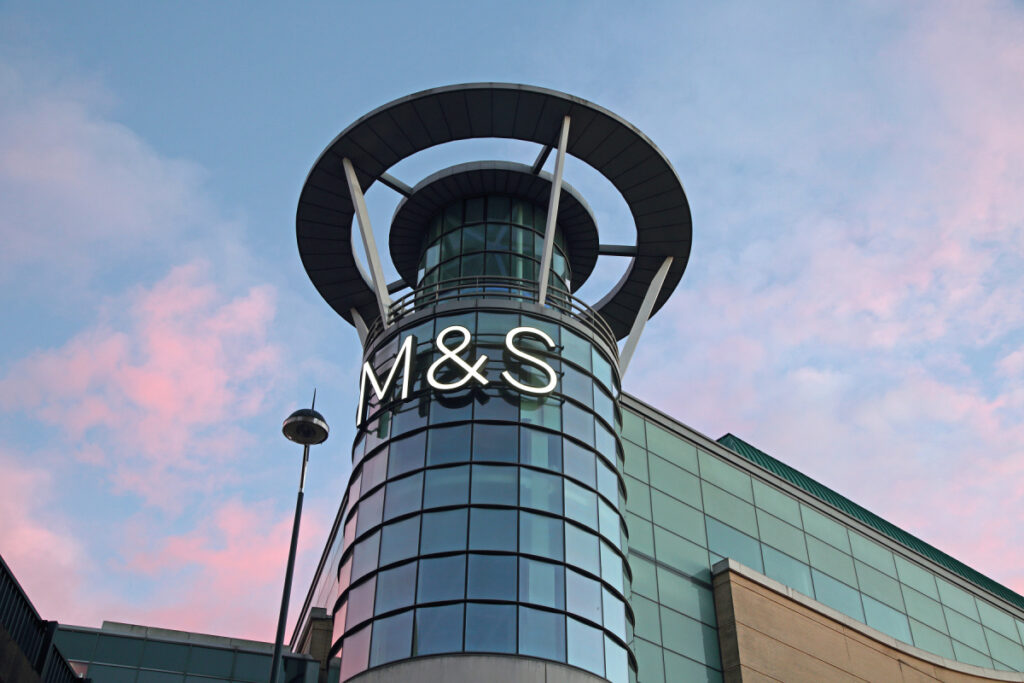Danish jewellery giant Pandora has been popular in the UK since the business launched in 2007. In fact, the UK is its second biggest market with almost half of women in the UK and Ireland owning one of its pieces.
Pandora could have easily been ‘huge today, gone tomorrow’ brand.
Its surging popularity in the noughties when its charm bracelets were the must-have birthday gift for many girls and women could have easily been a short-term fad, however, years later the brand is still as strong as ever.
But why does it resonate so strongly with British shoppers?
Pandora’s UK MD Rasmus Brix says: “If you take it all the way back, Pandora was built around moments, charms and bracelets”
“It’s that sentimental, emotional connection you have with your jewellery, representing who you are – it just hits something magical.”
“So obviously, the concept of the product was right for the UK business.”
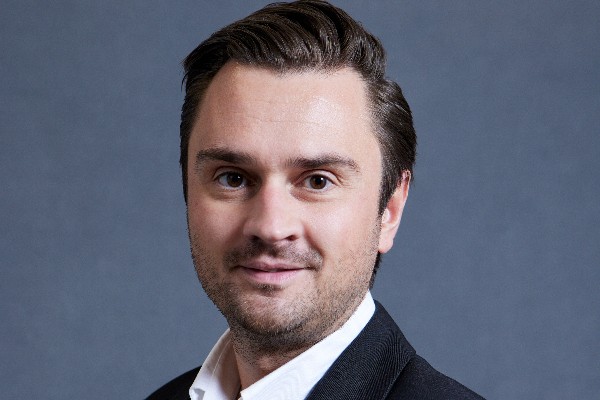
Brix admits that Pandora has “invested a tonne of money in media and into the brand” to help it remain relevant over the years, including tapping into influencer marketing.
However, a big reason behind its longevity is its stores.
Brix says they “are ultimately where you get the best experience of Pandora”.
The retailer is focused on delivering a great in-store experience and believes its staff are integral to this aim. It invests a lot of money into training and paying store employees well because “if we get those things right, it will work”.
Earlier this month Pandora put its money where its mouth is by raising its hourly pay for store colleagues in the UK and Ireland for the third time in the past 12 months by up to 14% and introduced a host of new staff incentives.
These include a monthly bonus for all store teams, a personal allowance for own-brand jewellery up to £500 as well as an opportunity to win a team holiday to Thailand.
Sparkling sales
Investing in the store experience is clearly pay off.
Pandora kicked off 2023 by posting growing profits, up 11.2% to £1.04bn in 2022, despite the cost-of-living crisis dampening demand for non-essential purchases.
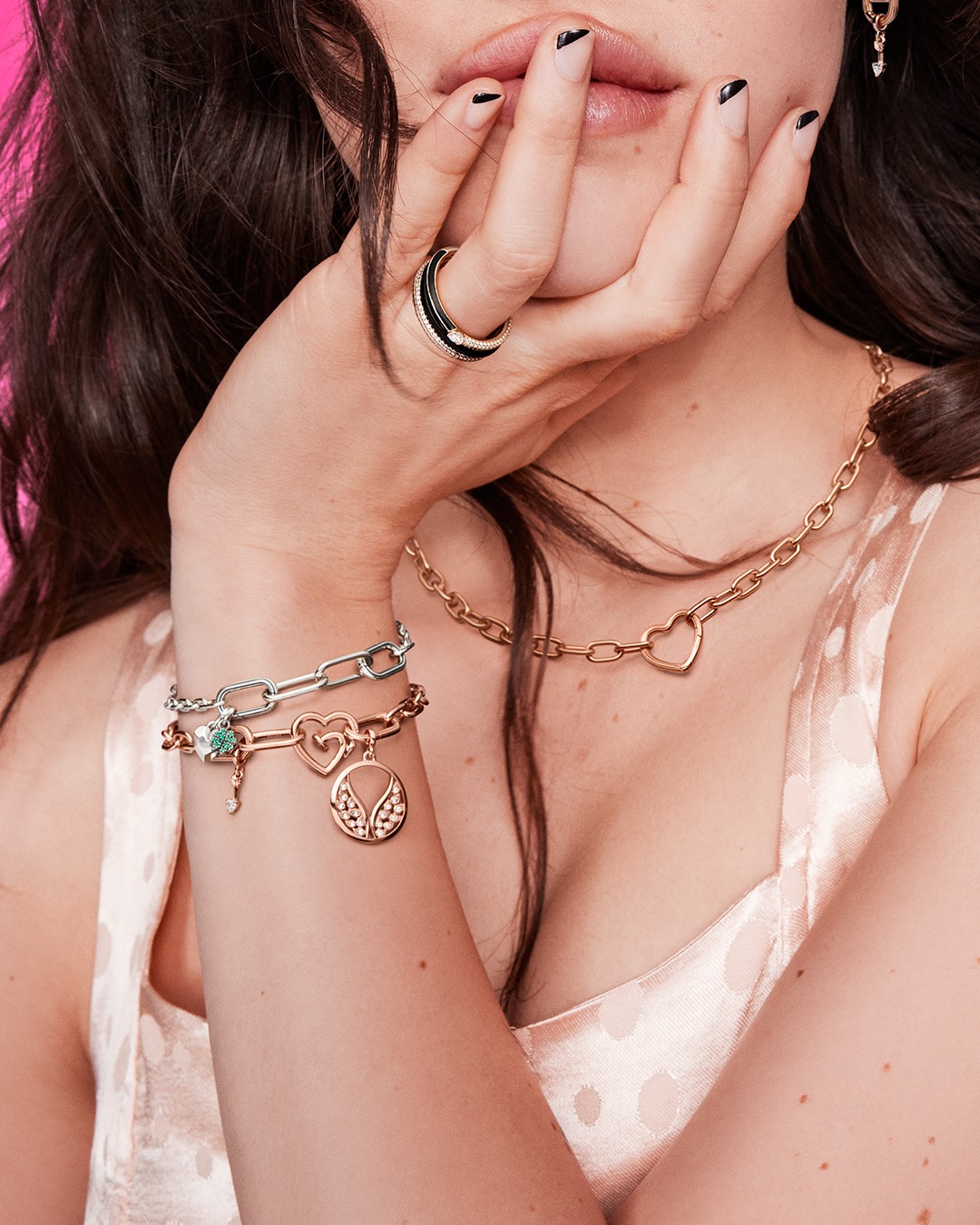
The jewellery giant showed “good resilience” against the uncertain backdrop as sales jumped 7% to £3.16bn over the year, off the back of a strong golden quarter for the brand, when profits rocketed 13.6%.
“Pandora was built around moments, charms and bracelets” “It’s that sentimental, emotional connection you have with your jewellery, representing who you are. It just hits something magical.”
Brix admits he was “pretty pleased” with its performance, especially in the UK.
“Last year, we were actually the only bigger market that had positive sales and growth for all four quarters,” adding that the UK has had five “positive quarters” in a row in contrast to “most brands that are struggling to make anywhere near that”.
So, how is Pandora confounding the current conditions?
“If I was really to boil it down, it’s two things – investment in people and investment in brand.”
“It’s training our people, hiring the right people, treating them well, making sure that they’re set up for success and managing their performance in the right way.”
Discussing the hiring process for these staff members, Brix only hires candidates who “truly love the Pandora brand”.
“The number one thing we do in an interview is to figure out whether they have a true connection to the brand. Because if they have that, and they have good chat, we can teach them almost anything else.”
But of course, ensuring Pandora’s product remains on people’s birthday lists is critical.
“At the end of the day, I can have all the great people I want in the shops. But if the customer doesn’t desire the product and the brand then it’s not much use.”
Pandora can invest in not just its people, but in stores and the brand because “profitability is extremely strong,” according to Brix.
He says this enables the jeweller to make “long-term investment decisions in people and the brand that other companies simply can’t afford to do”.
This is in stark contrast to some retailers that are “literally looking at their bank accounts, and thinking ‘I don’t have the money to pay the bills at the end of the month'”, he says.
“We’re still managing costs actively, but we can make decisions today that we know will serve us in two or three years. That’s a very good position to be in,” he says.
Investing in bricks and mortar
One of the areas Pandora is investing in is new stores.
Back in February, the jeweller revealed plans to add up to ten shops across the UK and the Republic of Ireland this year as part of its global expansion plans.
One of the cities it is looking to significantly expand its store estate is London, with four new shops set to open in the capital this year, and more expected in 2024.
One of the shops will be its new concept store at the 70-88 Oxford Street development, due to open this summer.
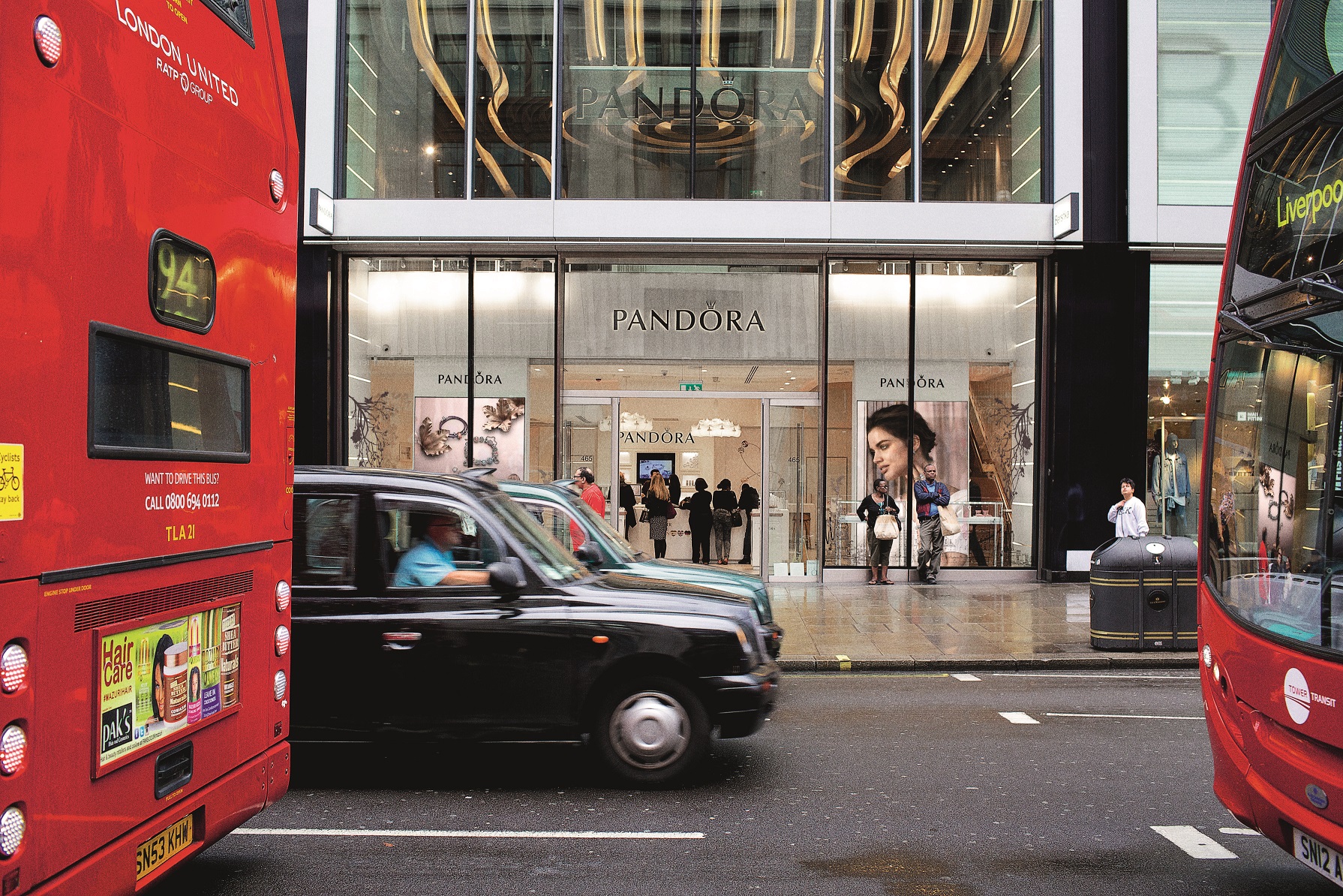
Brix says the new concept will have a “different look and feel” to existing Pandora stores, with its classic white interiors revamped with more colour and wooden elements on display to create a warmer feeling inside.
The retailer has also used its display walls in a different way, by integrating small tables around the shopfloor to allow customers to interact with products more.
Brix says sales volumes are significant in Pandora stores and the design changes will help to maximise their store square footage.
A host of retailers have unveiled store expansion plans already this year, including Superdrug, Footasylum and Under Armour as confidence for bricks-and-mortar recovers post-pandemic.
Brix is clear that “physical retail is here to stay”.
He admits that it’s been a “roller coaster” since the onset of the pandemic, with online and offline sales fluctuating dramatically but in the future he expects positive sales growth from both stores and ecommerce. “But it’s contingent on great people and a great brand,” he insists.
“Any business that doesn’t have a great brand and great people should not be investing in stores. It’s never going to work,” he adds.
It is Pandora’s staff that make its stores “magical”, he says.
Brix believes that stores that don’t offer experiences are “just a fulfilment centre” and that businesses of this ilk “aren’t going to die but they won’t have 230 stores that we do in the UK”.
The online shop window
Last year, sales at Pandora rose by 7% to £3.2 billion, with ecommerce accounting for more than a fifth of this.
Brix says that this figure is even higher in the UK, where about 35% of all sales came from online last year.
“We use a lot of data and AI to make sure that we ‘dress our shop window’ in the most effective way for that specific customer.”
He views Pandora’s website as a shop window, where customers can browse its ranges on offer.
“They’ll buy somewhere” adds Brix, explaining that its website is a place where shoppers might start the journey and get a bit of guidance.
This means Pandora has to “think a little bit differently about the journey rather than simply trying to sell you something – and we need to show you the world of the brand”.
The team spends a lot of time figuring out what the customer wants when stepping into the online shop, and leverages data, AI and machine learning to figure out what content should be pushed to that specific customer.
“We can pick up different signals like, ‘have you visited the shop before?’, ‘have you interacted with certain products before?’, ‘are you operating on a tight budget?’.
“If so, then there’s no point in me showing you a diamond that cost £250, I’ll show you one at £25.”
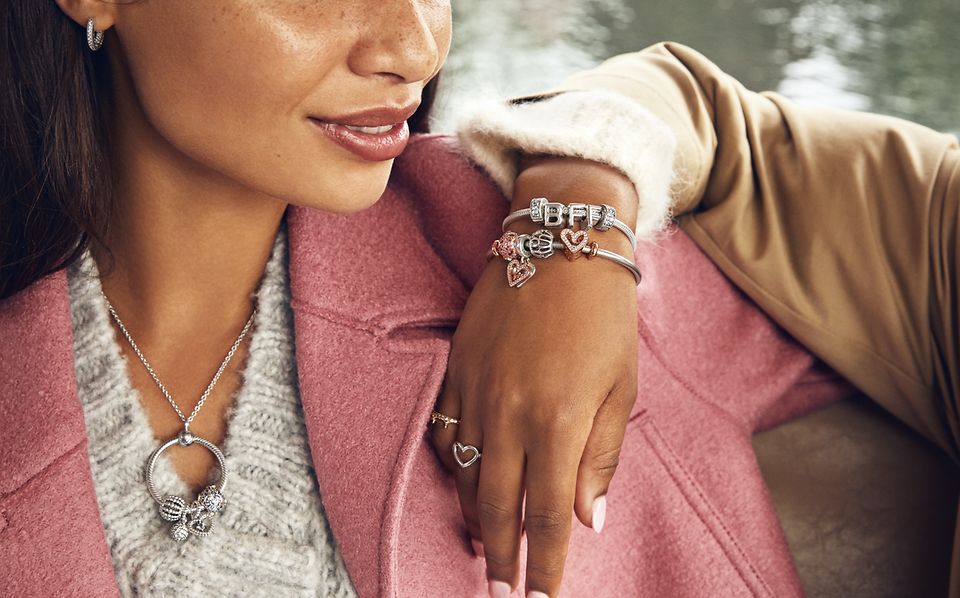
“We use a lot of data and AI to make sure that we ‘dress our shop window’ in the most effective way for that specific customer.”
Pandora is showing more of those £25 pieces right now as the cost-of-living crisis has cut budgets.
Whilst Brix says that having a wide range of pieces, from entry-level items from £20 up to diamonds costing thousands of pounds, has helped it remain resilient, he admits its lower price point items have seen growth.
Pandora has tweaked its product offer to offer more pieces that cost £25 or £35 versus 12-18 months ago, compared to the £50 items seen a year previously.
By adjusting to the current environment, and investing in the things that matter – people, stores and brand – Pandora looks set to shine not just now but for years to come proving it’s a timeless retailer.
Click here to sign up to Retail Gazette‘s free daily email newsletter

